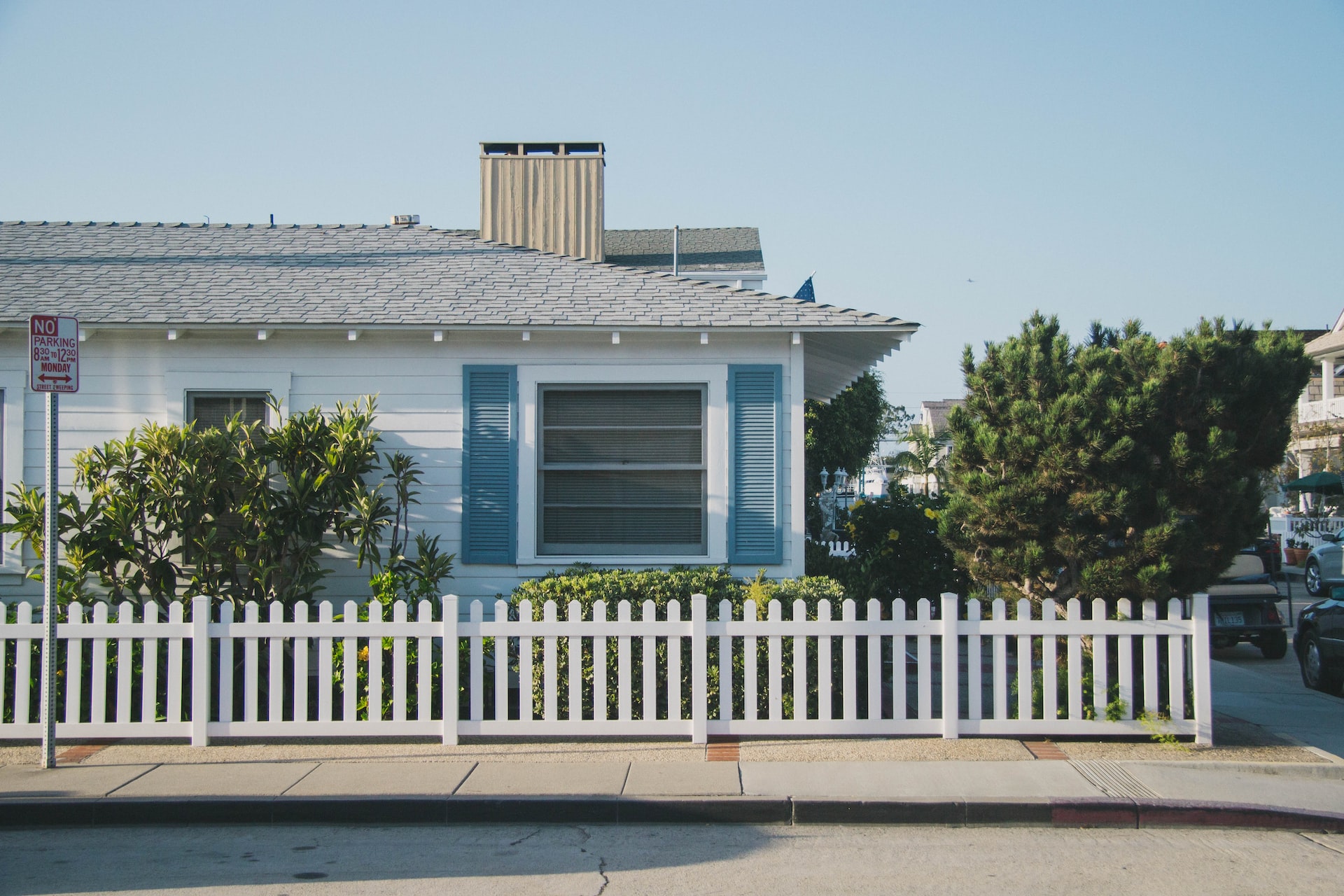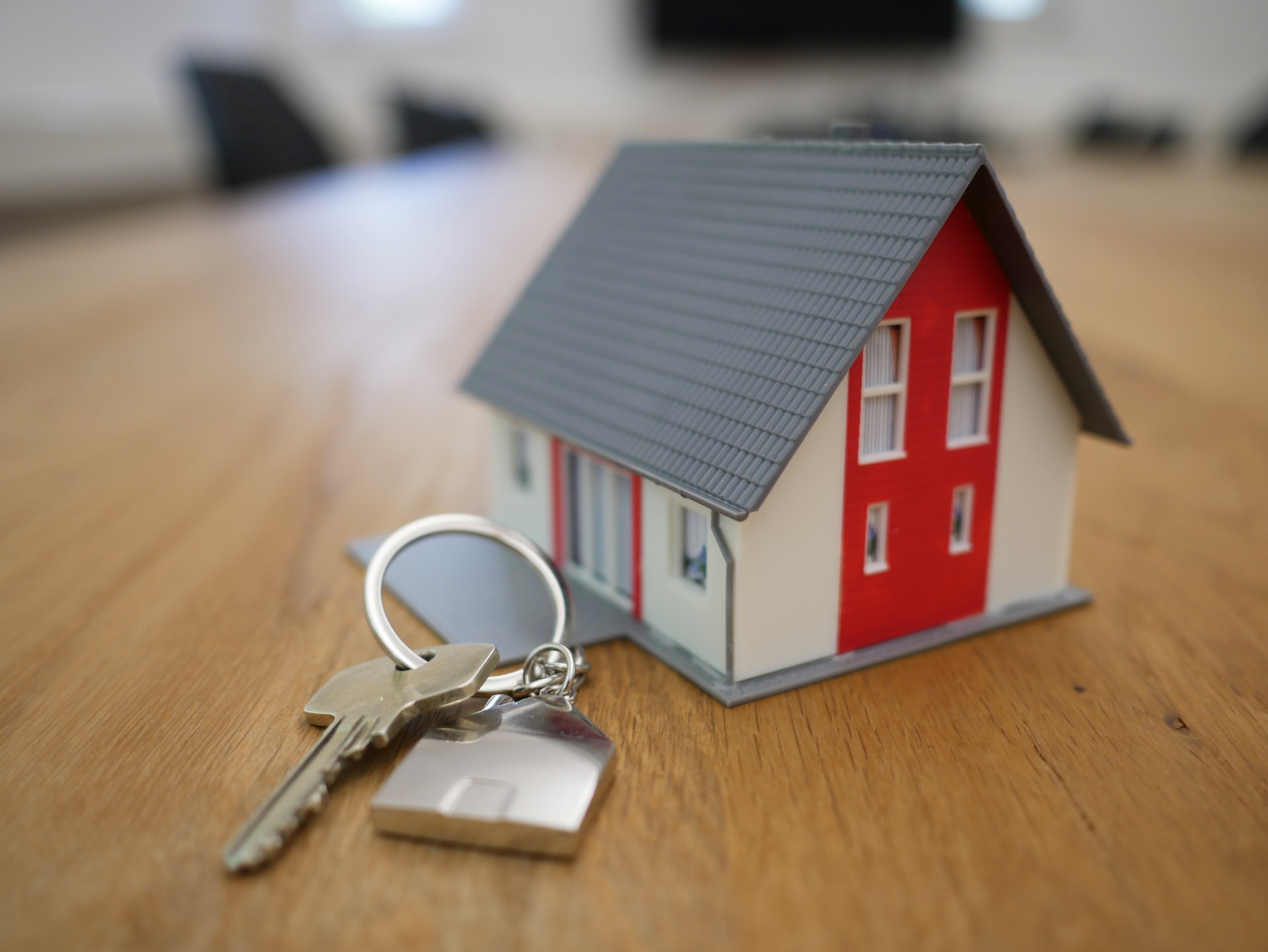You’ve probably heard that you need a down payment of at least 20% before you can purchase a home. But did you know that since 2018, the average down payment has been between 6% to 7%? That’s quite the difference from 20% to 6%.
There are many other instances where you don’t even need 6% - in fact, for many first home buyers, there are programs that allow you to purchase a home with no down payment. For the purposes of this article, we’re going to focus on those who want to buy a home with a down payment.
Why Do You Need a Down Payment?
A down payment is the money you place upfront on the purchase of your home. It goes to paying on the total amount of the purchase price.
An example of this would be purchasing a home for $300,000.
If you followed the traditional model of saving up for a 20% down payment (or $60,000), then you would owe $240,000 + the rate of interest on the home.
That’s a lot of money up front, so let’s dive deeper.
What are the Benefits of a 20% Down Payment?
Put simply, the more you can put down on a home, the less you will owe over time. Not only does it mean you pay less over time, but it also means you pay less month-to-month.
Putting 20% down on conventional loans, also allows you to not have mortgage insurance included in your total payment.
A monthly mortgage payment calculator can help you get an estimate of what you would pay depending on the size of your down payment and length of your loan.
How Much is a Typical Down Payment?
As we’ve covered, the average down payment has been closer to 6% and 7% as opposed to 20% we’ve seen in the past.
For home buyers who qualify for special programs, they will be able to have a down payment as low as 3. This means if they were to buy a home for $250,000, they would only need about a $7,500 down payment.
The best way to find out how much you will pay is to speak with a broker and see what down payments would do for your loans
Does a Down Payment Cover Closing Costs?
The short answer is: No, it does not. There is a difference between closing costs and down payments.
Whereas the down payment goes directly to the overall purchase price of the home, the closing costs cover the payment of fees, taxes, and other money due at closing. This is why it’s important to speak with your loan officer or broker - to get clarification on what you will be paying at the time of closing.
If you are looking to buy a home in Tennessee or Kentucky, my team and I would be happy to assist you in finding what you can apply for! Ask us about our 100% financing options as well!






